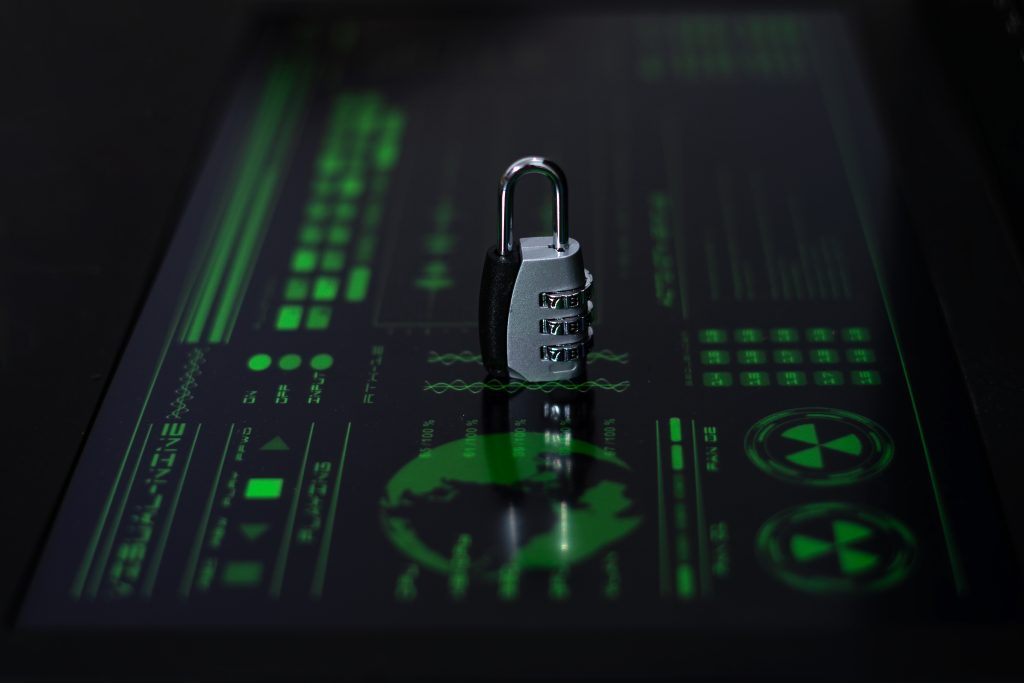In 2025, no-code platforms and AI in design are ushering in a transformative era for designers, democratizing creativity and accelerating workflows. By combining intuitive no-code tools with AI-driven insights, designers can craft sophisticated interfaces without coding expertise. This blog explores how no-code design and AI-powered design are reshaping UI/UX design, offering strategies to thrive in this dynamic landscape.
The Rise of No-Code and AI in Design
No-code platforms like Webflow and Bubble empower designers to build functional websites and apps using drag-and-drop interfaces. AI enhances these tools by suggesting layouts, optimizing visuals, or personalizing user experiences. Why is this revolutionary? No-code and AI design aligns with design trends 2025, enabling faster prototyping and user engagement. Are you ready to embrace this no-code revolution?
How No-Code and AI Empower Designers
No-code eliminates coding barriers, allowing designers to focus on creativity and user needs. AI complements this by automating tasks like color palette generation or A/B testing. For example, an AI-powered no-code tool can tailor a landing page based on user behavior. This synergy boosts design efficiency and user experience. How can these tools amplify your creative process?
Strategies for Leveraging No-Code and AI
To succeed in this new era, adopt these five strategies:
- Choose Intuitive Platforms: Use tools like Figma or Adalo for seamless design.
- Integrate AI Plugins: Leverage AI for automated design suggestions.
- Test Rapidly: Use no-code to prototype and iterate quickly.
- Personalize with AI Insights: Tailor designs using user data analytics.
- Learn Continuously: Stay updated on no-code and AI advancements.
These no-code design best practices enhance AI-driven design workflows. Which strategy will you start with?
Challenges of No-Code and AI Design
Despite their potential, no-code and AI face challenges like limited customization, data privacy concerns, or reliance on third-party platforms. Ensuring originality in AI-generated designs is also critical. By addressing these no-code design challenges, designers can maximize benefits. Are you navigating these hurdles effectively?
Tools for No-Code and AI Design
Leverage these tools to unlock design potential:
- Webflow: Build responsive websites without coding.
- Bubble: Create complex apps with no-code workflows.
- Uizard: Use AI to convert sketches into prototypes.
- Figma AI Plugins: Automate UI/UX design tasks.
These no-code and AI tools align with no-code trends 2025, streamlining creativity. Which tool fits your workflow?
The Future of No-Code and AI in Design
In 2025, no-code and AI trends will emphasize hyper-personalized interfaces, Web 3.0 integration, and collaborative design ecosystems. Designers must ask: How can we innovate in this new era? By embracing no-code UI/UX design and AI-enhanced design solutions, designers can create user-centric, efficient, and groundbreaking experiences that redefine digital creativity.



